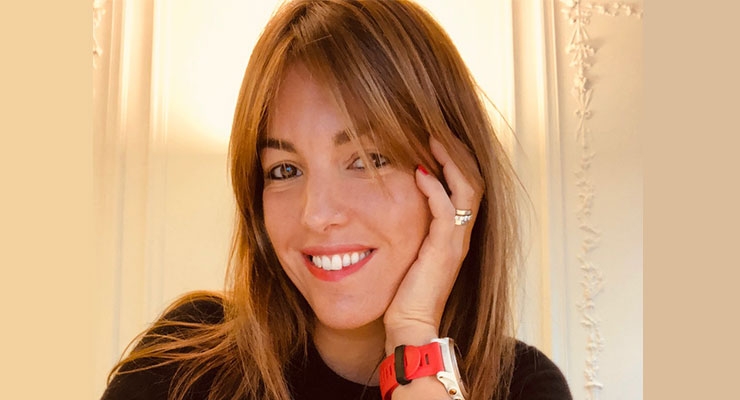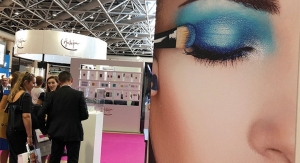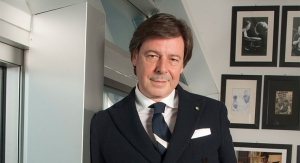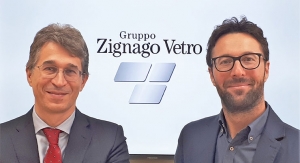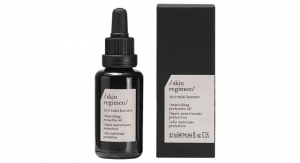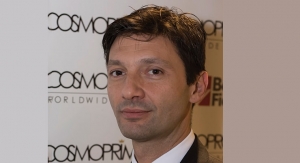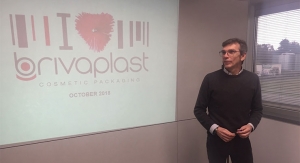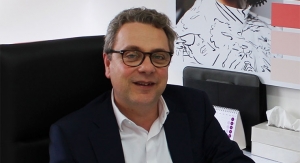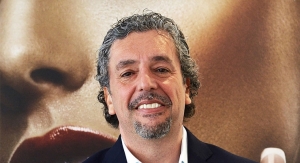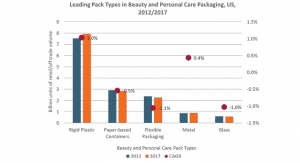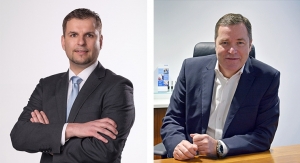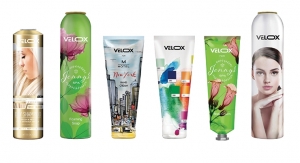Jean-Yves Bourgeois, European Correspondent12.12.18
Eurovetrocap, the Italian company (€ 50 million in sales, including € 8 million for France for a workforce of 80) specialized in the creation and distribution of glass and plastic packaging serving mainly the beauty (skincare and perfumery) and the pharmaceutical industry, has decided to come to grips with the environmental challenge. A few months ago, they launched their Licata Jar, the first standard 50ml "green" glass jar combined with a recycled PP lid—and the company strategy is clearly to enrich its range by also offering bottles with the same type of glass. It’s a strategy they call Infini-Pack.
Overview with Eleonora L'Hoir Cattaneo, managing director of Eurovetrocap France.
Jean-Yves Bourgeois: This environmental awareness is not new?
Eleonora L'Hoir Cattaneo: Our commitment to sustainable development prompted us, in 2011, to direct our investments toward renewable energy sources. Hence two photovoltaic panels of 200 and 100 KwP located on the rooftops of our factory, in Milan, deliver enough electricity to supply our offices, the warehouse and the serigraphy/pad printing workshop. In winter, when sunlight is no longer sufficient to ensure our energy autonomy, additional power derived from renewable sources is supplied by the Repower Company.
In 2013 we obtained the ISO 14001 certification. The same corporate strategy was applied to the company's car fleet: Traditional cars are being gradually replaced by hybrid, electric or LPG vehicles.
Bourgeois: Packaging will also probably have to follow suit...
L'Hoir Cattaneo: Obviously cosmetics and environmental protection are now part of the cosmetics world. And for us, sustainable development is a strategic pillar of our company.
But how can we do without petrol when it is the only source of plastic extraction? There are two ways of addressing this issue: Either recycle, where possible, or take advantage of renewable resources. In our case, we went for recycled plastic and plant-derived plastic (green PE). As you know, green PE is derived from sugar cane whose maceration generates alcohol, the same alcohol that is obtained by refining oil used to produce plastic. This is the only stage that differentiates oil-derived HDPE from the one obtained with sugar cane: an identical product, with different origins. You should know that green PE has the same mechanical and aesthetic properties and benefits as traditional virgin HDPE derived from petrochemicals. And it is perfectly possible to produce natural white or colored bottles. Another significant advantage is that one ton of green PE produced represents 1.83 tons of CO2 which is not released in the atmosphere. And sugar cane, like all plants, absorbs CO2 and in exchange releases oxygen into the atmosphere through photosynthesis.
Bourgeois: Tell us more about your Infini-Pack?
L'Hoir Cattaneo: Stemming from our research focused on sustainable development, Infini-Pack is the result of a study launched in 2011 to see what was the best strategy to reduce CO2 production and to offer a 100% ecological package at controlled costs when recovering packaging materials. The recycled PE that we offer is the result of an innovative research project conducted in collaboration with several players operating in the cosmetics and food industry in Europe. The aim is to create a closed circuit in the primary packaging sector, by managing to recycle over and over again some of the products selected. The operation is made possible by getting rid of the articles that could have an influence on the aesthetic and functional properties of the finished product with the aim of obtaining a plastic as close as possible to the virgin material. Among the other materials, PET actually remains the most suitable material for recycling operations. Most European cities are now able to collect this PET.
In addition, since 2016, we can also supply a capsule or a lid made of recycled polypropylene.
Finally, concerning glass, this material is "green" by nature. As we said before, we are working with the Zignago Vetro Group, with whom we have succeeded in creating the first glass packaging with a recycled lid. This glass is composed of 90% recycled material and its production thus enables to limit by 36.5% CO2 emissions in the atmosphere. And we are continuing our joint efforts to offer additional packaging with different shapes, capacities and characteristics.

